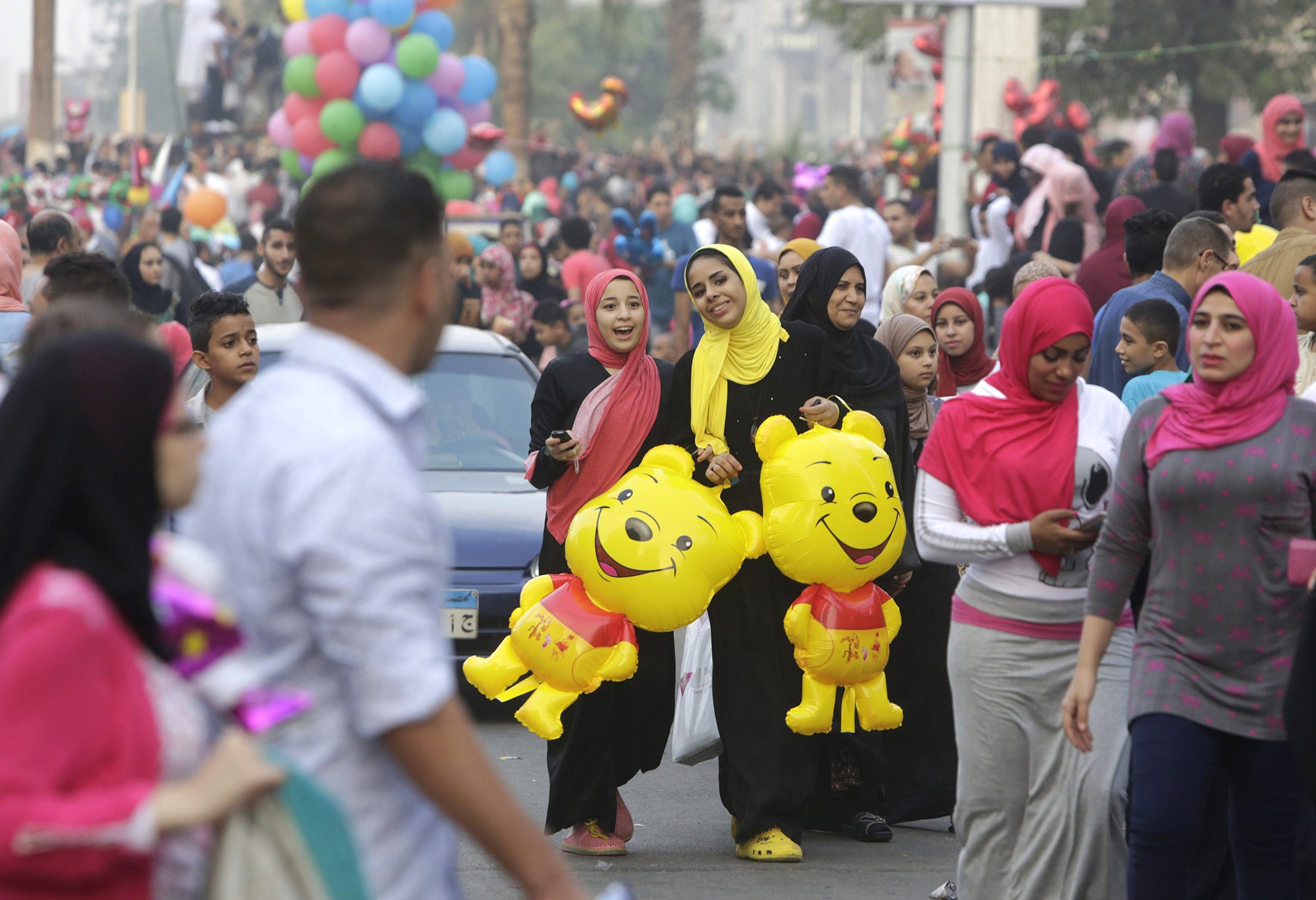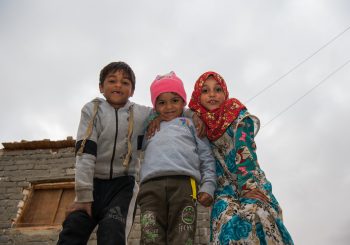In an effort to fight injustice, stress on freedom of expression and provide an inclusive tolerant understanding of Islam among current Muslim communities that have strayed from true Islamic values, Muslims for Progressive Values (MPV) is a group spreading values based on “progressive” beliefs of the Holy Quran.
Some of MPV’s promoted beliefs include ending discrimination against sexual orientation, developing spiritual thinking, stressing on the concept that one’s belief and religion aren’t the exclusive sources of truth, and producing healthy decisions towards a woman’s body.
In a general definition of the word, progressive refers to an initiative to “reform” and is considered to be against traditionalist or conservative beliefs. As MPV conforms to that perspective, the group believes itself to be “progressive” because it believes that Prophet Muhammad supported social reform and protected the rights of the weak.
MPV sets its progressive beliefs apart from any other Islamic teaching by seeking to define the originality of Islamic teachings and Quranic verses, emphasizing that the Quran, unlike Azhari beliefs, is not a book of law that contains every rule needed to live life.
Based in Australia, MPV’s president Reem Sweid spoke with Egyptian Streets about the group’s calls, efforts, beliefs and projects within the community to resolve societal, political and educational issues.
“I believe that this is a statement of intent by the reader, to seek out the merciful and gracious interpretation of the Quran, and not the stricter, harsher or vindictive interpretation. If a reader sets this intention before reading, then God willing she or he will enticed to that Mercy and Grace,” Sweid told Egyptian Streets.
Sweid continues to explain how MPV and society could be able to renew religion discourse, stressing that giving space for the freedom of exchanging thoughts is highly important.
“Too many Muslim countries continue to sanction, flog or exile Islamic scholars, thinkers and philosophers for ideas that contradict the mainstream view,” she said, commenting on the exchanging of religious ideas.
Meanwhile, radical Islam has spread widely and come to the fore of many people’s consciousness, with some encouraging it and others enduring inhumane suffering as a result of it.
Sweid traces its origin to the 1970s, when she says Muslim communities turned their focus to Islamic rituals such as fasting and praying, while ignoring the spiritual and philosophical understanding of Islam, leading to an increase in hatred and violence.
“Young people are driven to this idealized version of Islam because they are seeking out a more just world; they are in despair with the world around them that is filled with corruption, war and chaos and the combination of an ultra-orthodox life provides them with some sense of solace,” Sweid said.
Societies and governments have driven Islam onto deviant paths, where it ceased to be a spiritual asylum and instead became a tool to spread violence, hatred and killing under its name. As a result, groups such as the Islamic State (ISIS) managed to convince some people that their violence is justified in the name of religion.
“The real question that we have to ask ourselves is whether or not we believe that there is a ‘war against Islam.’ There are certainly unjust wars in Muslim countries but are these in fact about Islam, or are they about money, greed and power?” Sweid said.
Emphasizing the importance of achieving justice not only through MPV but also on a general spectrum to avoid results such as the creation of ISIS, Sweid also says that accomplishing justice includes essential steps such as avoiding a focus on others’ problems and reinforcing a narrative that depicts Muslims as “victims.” She also prescribes beginning the change with oneself by learning and reading more of the Quran, history, philosophy, poetry and sciences, as well as respecting the human rights outlined in the Quran.
The values of justice also include gender equality and one of MPV’s main goals is to protect women’s rights through Islam. To that end, MPV has some initiatives that focus on women’s rights that are named “Musuwah,” “Sisters in Islam” and “Imam for She,” which advocates women’s rights and seek alliances with imams, sheikhs and the community to speak up about women’s rights.
“We are focused specially on the issue of gender equality in Islam. We also work to raise awareness and support of progressive Islamic scholars who support women’s rights in Islam in actions as well as words,” said Sweid.
The group also urges refusing the sanctioning of laws under the name of Islam, such as the ban on women driving in Saudi Arabia, forced marriages and female genital mutilation (FGM).
MPV also promotes justice through inspiration, as Sweid believes that we are able to improve ourselves as individuals when we see others do better things and reflect justice.
“The more diversity [there is] in interpretations, the more we will be driven to find Gracious/Merciful interpretation that can more accurately reflect the nature of God. If we stay stagnant with only one interpretation, we will never improve and bring ourselves closer to God,” said Sweid.
One of the prominent perspectives of MPV is that it encourages rhetorical and critical thinking about beliefs and God, unlike many scholars and Sheikhs who strictly prohibit reasoning and questioning the rules and beliefs of Islam.
“Scholars can’t prohibit what Allah has sanctioned and I quote from the Quran, ‘Verily, in this is indeed a sign for people who think’ (16:69) and ‘so that their hearts (and minds) may thus use reason’ [22:46,]” added Sweid.
She also stated that critical thinking improves our understanding of the Quran, its meaning and the depth of the messages from God, which also help us conclude many secrets that have not been understood hundreds of years ago and inevitably reaching the level of spirituality that was practiced by Prophet Muhammad.
“If we sincerely believe in it as a message for all mankind for all time, then we must open ourselves up to uncovering its meaning,” she said.
Through the past decades, Islam has been connected with many incidents of violence such as terrorist attacks in Europe and other nations. To target this conception, MPV plans on addressing the abuses that happen in the name of Islam.
“Several steps need to be made to tackle the concept of Islamic terrorism such as being aware of the people who get arrested and charged for ‘apostasy’ when we know that there is no compulsion in faith mentioned in the Quran, raise our voices for women [facing discrimination], and allow the building of churches and places of worship, not restrict or demolish them,” said Sweid.
MPV currently has a number of projects that are underway, including a partnership with the United Nations to help protect human rights in Muslim-majority countries. In parallel, the group also seeks to implement initiatives related to outreach community work, public speeches, and spreading the word for progressive Islam on a regular basis.






Comment (1)
[…] MESF PhD candidate Reem Sweid was interviewed on the organisation she runs, Muslims for Professional Values in a piece by Fatma Khaled in Egyptian Streets titled ‘Muslims for Progressive Values: Promoting Progressive Islam in Modern Societies.’ Read the interview here. […]